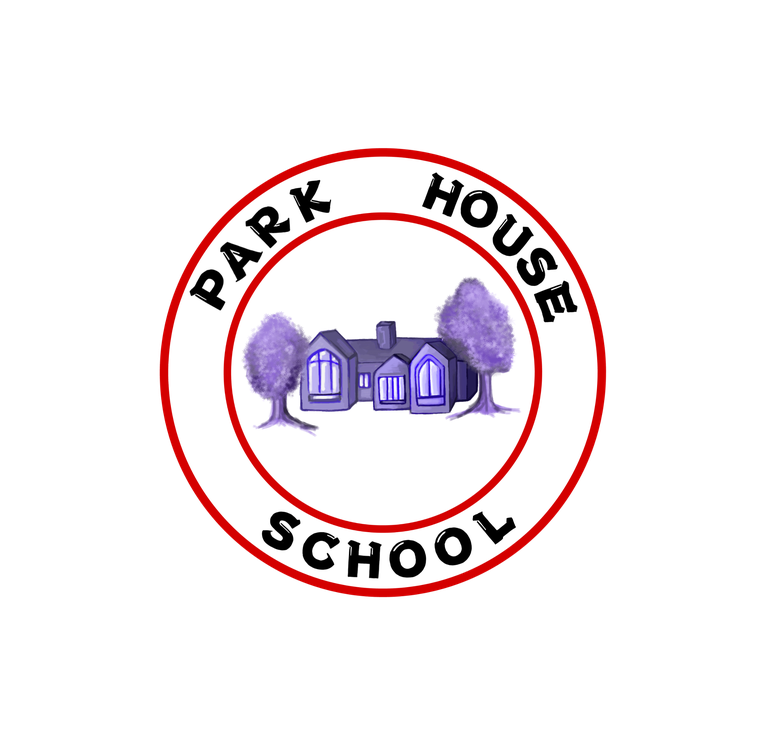Music
Intent
The National Curriculum for music aims to ensure that all pupils:
- Perform, listen to, review and evaluate music;
- Be taught to sing, create and compose music;
- Understand and explore how music is created, produced and communicated.
At Park House Primary, our intention is that children gain a firm understanding of what music is through listening, singing, playing, evaluating, analysing, and composing across a wide variety of historical periods, styles, traditions, and musical genres. Music has always been a fundamental part of our school and we strive to develop a curiosity for the subject, as well as an understanding and acceptance of the validity and importance of all types of music. We are committed to ensuring children understand the value and importance of music both in school and in the wider community, and are able to use their musical skills, knowledge, and experiences to involve themselves in music, in a variety of different contexts.
Implementation
Our music curriculum ensures students sing, listen, play, perform and evaluate. This is embedded in weekly music lessons as well as the daily assemblies, year-round concerts and performances, the learning of instruments, the chance to take part in talent shows, the local Music Festival and the joining of choir. Professional, peripatetic teachers are invited into school to teach individual instruments to those children who wish to learn them. Year 5 children have additional time to learn the ukulele through the ‘Wider Ops’ programme. In music lessons, the elements of music are taught so that children are able to use some of the language of music to dissect it, and understand how it is made, played, appreciated and analysed. In the classroom, students learn how to play a variety of tuned and un-tuned instruments and in doing so, they understand the different principle of each method of creating notes and rhythms, as well as how to read basic music notation. They also learn how to compose, focusing on the different dimensions of music, which in turn feeds their understanding when listening, playing, or analysing music. Cross-curricular links with other subjects are made where appropriate, for example during a ‘performance poetry’ unit in English. Composing or performing using body percussion and vocal sounds is also part of the curriculum, which develops the understanding of musical elements without the added complexity of an instrument.
Impact
Our music programme allows students to discover areas of strength, as well as areas they might like to improve upon. The integral nature of music and the learner creates an enormously rich palette from which a student may access fundamental abilities such as: achievement, self-confidence, interaction with and awareness of others, and self-reflection. Music will also develop an understanding of culture and history, both in relation to students individually, as well as ethnicities from across the world. Children are able to enjoy music, in as many ways as they choose- either as listener, composer or performer. They can dissect music and comprehend its parts. They can sing and feel a pulse. They have an understanding of how to further develop skills less known to them, should they ever develop an interest in their lives.
